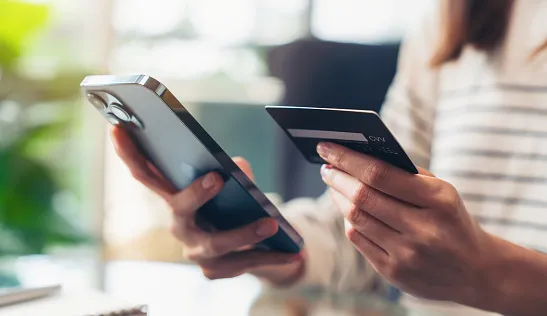
I preached that friends mattered more than followers and acquaintances and that moments consumed in chronological order (like in real life) were better than those mixed up by an algorithm. And I impressed on new hires that we were building something different from the Facebooks and Twitters of the world and would never resort to their manipulative growth hacking. No app better defines the changing nature of social media than Instagram. The app started as a digital scrapbook ‘ a place to keep up with real-world connections, close friends, and family. While other networks had more users (Facebook) or generated more news (Twitter), Instagram seemed to define the ideal form of this era of social media. Instagram became a verb, an aesthetic, and a generational signifier.
With the rise of new social media platforms and ever-changing algorithms, many people are beginning to wonder: Do you think Social Media as we know is dead? While some may argue that traditional social media platforms like Facebook and Twitter are losing their popularity, others believe that social media is simply evolving.
But in no way do I see them as a replacement for keeping up with friends and family ‘ the goal of social media to begin with. When a company submits to digital advertising, there’s no avoiding the tradeoffs that come with it. “How does a brand show up in somebody’s DMs or Discord server if they’re not invited?” Haberman said. People can still go on Instagram to check on their favorite celebrities and influencers, but young people don’t want brands and marketers infiltrating the closed communities where they spend most of their time.
The Evolution of Social Media
Well, data.ai intelligence reveals that YouTube tops the rankings for monthly active app users, putting it ahead of Facebook. However, Kepios analysis suggests that users in these ‘other’ countries might well increase YouTube’s global ad reach figure to one that’s either very close to, or perhaps even just above, Facebook’s latest MAU figure. Facebook actually has a process though which you can memorialize a page. ‘You can contact the company and have it shut down, and basically it just becomes frozen in time,’ Cann says. But in some cases, the page is not shut down and family and friends simply continue to post messages.
Sometimes, as with influencers, this is intentional but often it is unconscious bias. We are just naturally more likely to post when we are happy, on holiday or to share successes ‘ and even then we choose the best version to share. When we use social media, we often fill our brains with useless information that leads to a false sense of productivity. Our brains hurt a little when we do this, but we can’t stop. I’d argue that constant social media use is creating hapless minions who don’t know what we’re talking about half the time. We think the furious flutter of liking posts is the same as productivity.
Social media has come a long way since its inception. What once started as a way to connect with friends and family has now transformed into a powerful tool for businesses, influencers, and marketers. Platforms like Instagram and TikTok have revolutionized the way we consume content and interact with others online.
Social networks such as Friendster and MySpace emerged that allowed family members, friends, and acquaintances to connect online. Those two sites were eventually supplanted by Facebook, which became one of the world’s most popular social media sites with billions of users worldwide. Other forms of social media emerged for the sharing of specific types of content. For example, YouTube allows users to share videos, and TikTok is specifically designed for the sharing of short videos. LinkedIn emphasizes a user’s professional connections, where users create pages similar in structure to r’sum’s.
‘Here, have Reels and Shopping,’ said Instagram’s CEO, on the hunt for new revenue streams. This cycle has become all too familiar to me after growing up on AIM and Myspace, going to college on Facebook, and watching dozens of social companies rise and fall as a reporter at Insider and The Verge. Each platform began honorably, with young founders enthusiastically revealing that if you aren’t paying for the product, you are the product. Writing a tweet helps me rationalize things or reassure myself,’ says Kate Granger, a British doctor who made headlines this year when she decided to forgo treatment for terminal cancer after five rounds of chemotherapy. She started tweeting about the last stages of her illness.
The Impact of New Platforms
As new social media platforms continue to emerge, it’s natural for older ones to take a backseat. However, this doesn’t necessarily mean that social media is dead. Instead, it indicates a shift in user preferences and behaviors. Platforms like Snapchat and Clubhouse have gained popularity among younger audiences, challenging the dominance of more established platforms.
FAQs
- Q: Is Facebook still relevant in today’s social media landscape?
- A: While Facebook may not be as trendy as newer platforms, it still boasts a massive user base and remains a valuable marketing tool for businesses.
- Q: Are influencers still effective on social media?
- A: Absolutely! Influencer marketing is alive and well, with influencers playing a crucial role in shaping consumer behavior.
In conclusion, while social media may be constantly evolving, it’s far from dead. The landscape may look different than it did a few years ago, but the essence of social media ‘ connecting people and sharing content ‘ remains the same. So, the next time you’re wondering if social media is dead, remember that it’s just adapting to the changing times.




